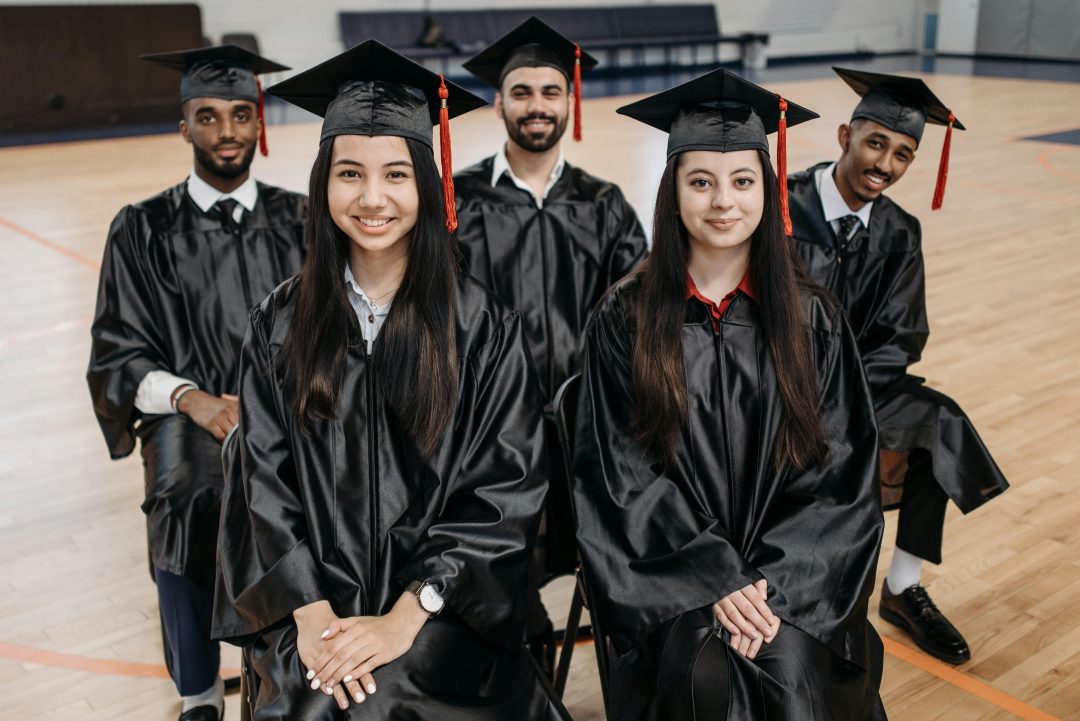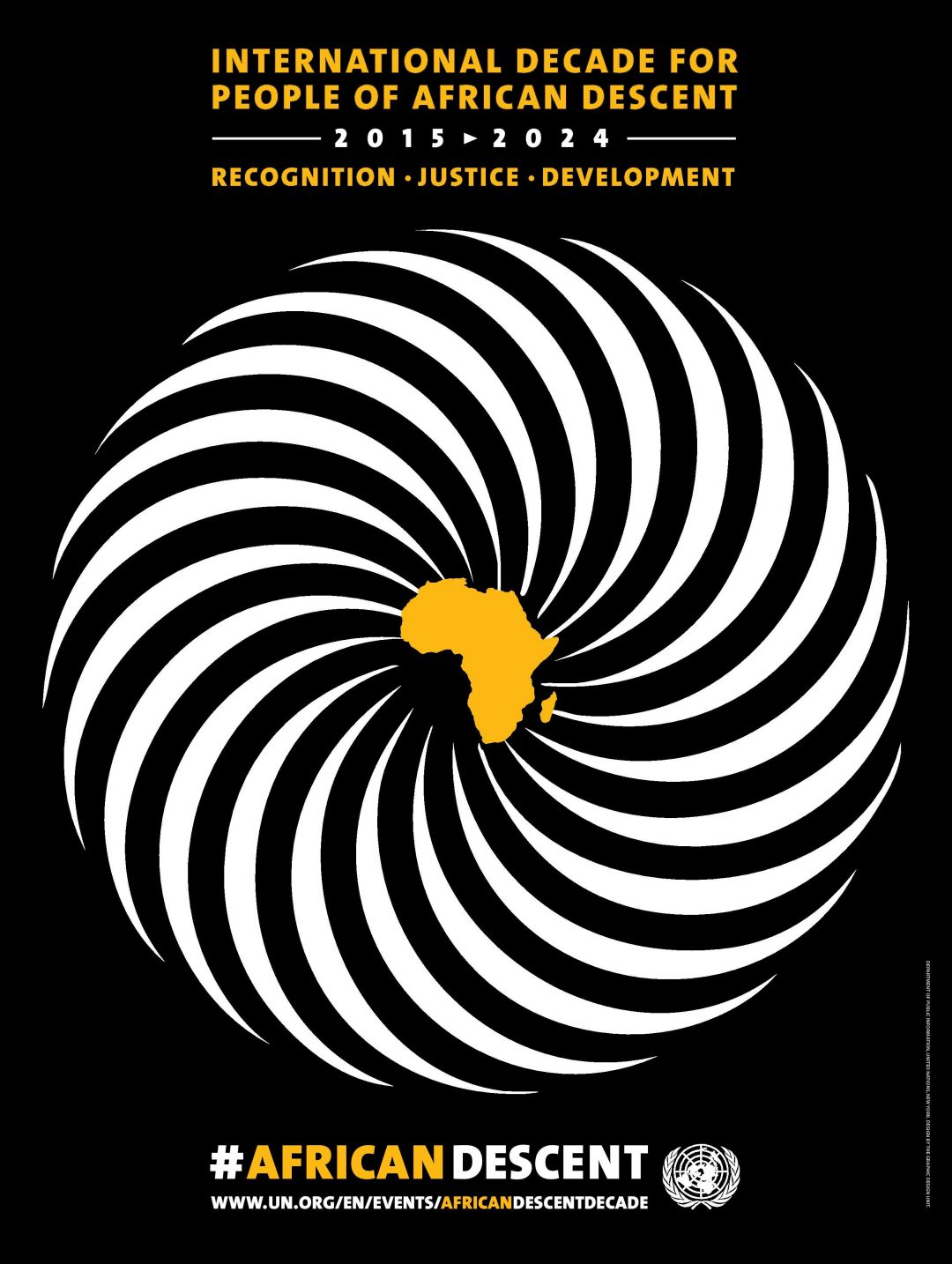In the realm of education, embracing diverse cultural perspectives not only fosters understanding but also cultivates excellence. Each cultural group brings unique experiences, wisdom, and contributions to the society we all participate in. As educators, we should seek to delve into the pursuit of excellence within diverse cultural groups, emphasizing their rich heritage and the invaluable insights they offer to educational discourse. Thus, incorporating learning about ‘Black History’ within Ontario’s curriculum in grades 7, 8, and 10 is a step in the right direction.
Many cultures epitomize resilience, creativity, and innovation. These tenets have reshaped history and inspired generations. Educators committed to excellence incorporate the achievements and struggles of diverse individuals into their curriculum, especially cultures and narratives often left untold or intentionally omitted. By highlighting excellence areas like literature, music, art, and activism, educators empower students to recognize their potential for greatness while understanding the importance of perseverance in the face of adversity.
For example, Indigenous cultures epitomize a profound connection to land, community, and tradition. Indigenous peoples have preserved their languages, ceremonies, and sacred practices despite historical injustices, embodying resilience and strength. In educational settings, excellence is found in honouring Indigenous knowledge systems, environmental stewardship, and cultural revitalization efforts. Educators committed to Indigenous excellence engage with Indigenous elders, integrate Indigenous perspectives into the curriculum, and foster respectful relationships with local Indigenous communities. By recognizing and celebrating Indigenous excellence, educators instill in students a deep respect for Indigenous cultures and inspire them to become allies in pursuing Indigenous rights and sovereignty.
Similarly, Black history encompasses a tapestry of civilizations, philosophies, and innovations that have shaped human history. From ancient wisdom to modern advancements, Black cultures have made indelible contributions to science, technology, and the arts. In educational contexts, excellence in Black heritage is celebrated through exploring classical literature, philosophical teachings, and artistic traditions. Educators committed to teaching about Black excellence promote critical thinking, cultural exchange, and global citizenship by engaging students in dialogue about Black history, contemporary issues, and cross-cultural connections. By fostering an appreciation for Black excellence (which is woven into the very fabric of North America), educators prepare students to thrive in an interconnected world and embrace diversity as a source of strength and enrichment.
Diverse heritages embody legacies of faith, scholarship, and cultural exchange that span continents and centuries. From the golden age of civilization to the present day, many cultures have excelled in fields ranging from astronomy and mathematics to architecture and literature. In educational environments, excellence in these varied heritages can be upheld through the exploration of art, ethics, and intellectual traditions. Educators committed to teaching from a lens of excellence foster an atmosphere of inclusion, dialogue, and mutual respect by promoting intersectional understanding, challenging stereotypes, and addressing phobias that stem from biases unconsciously developed through deficit teaching. By embracing contributions to human civilization and presenting intentionally diverse representation to all students, educators empower students to recognize the interconnectedness of cultures and appreciate the richness of diversity in all its forms.
In pursuing educational excellence, embracing diverse cultural perspectives is not just a choice but a necessity. By celebrating the excellence inherent within all cultures, educators enrich the learning experience, inspire critical thinking, and foster a sense of belonging among students. Through dialogue, empathy, and a commitment to inclusivity, educators can cultivate a generation of leaders who appreciate the value of diversity and strive for excellence in all they do.
“If we want to create change in Canada – if we want to have more people from communities who aren’t only represented – the answer isn’t to move towards tokenization and propping people up. The answer is to give people the tools to prop themselves up.” – Sarah Jama (Sarah Jama is the co-founder of Disability Justice Network of Ontario).
“Black history is not just for black people. Black history is Canadian history.”- Jean Augustine (First Black Canadian woman to serve as a federal Minister of the Crown and Member of Parliament).


